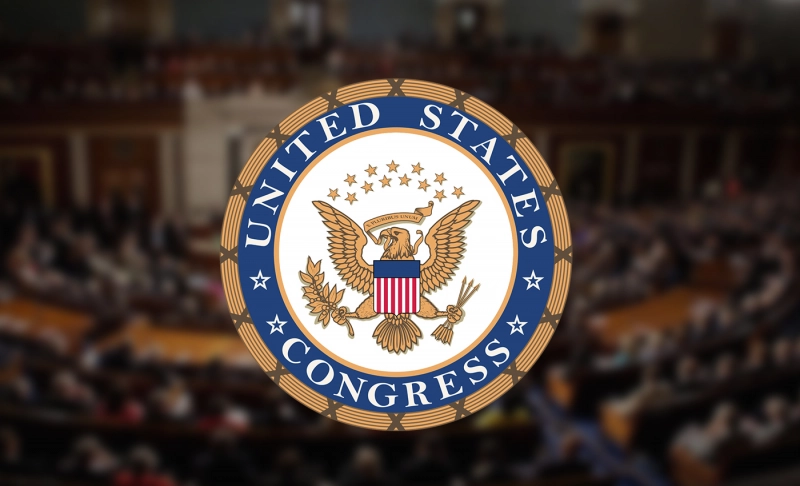By: Sam Doak
January 10 2023

The U.S. legislative procedure determined the introduction date of the Act, and the date does not signify that the pandemic was premeditated.
Context
Conspiracy theorists have for long claimed that the COVID-19 pandemic was premeditated and that the Coronavirus Aid, Relief, and Economic Security Act—more commonly known as the CARES Act,— signed by then-U.S. President Donald Trump in March 2020 is proof that the pandemic was planned well in advance. In a video shared on Facebook, an unidentified man discussing the CARES Act, which provided economic relief worth $2.2 trillion to American citizens and businesses, claims that the legislation was introduced more than a year before the COVID-19 pandemic spread worldwide. Using footage from news video reports and supposedly government websites in the seven-minute video, he states: "When was it (CARES Act) introduced? Oh, check this out: Introduced 1/24/2019… A full year, a year, and two months before he (Trump) sits down at this desk and signs it during a plannedemic. Why do we call it a plannedemic? Because, look, they already had this in the works, guys." This post has so far received significant traction, having been liked by over 4.7 thousand users and viewed over 160 thousand times.
In Fact
In the viral video, the narrator establishes that the coronavirus relief package was rolled out with the signing of H.R. 748, The CARES Act, on March 27, 2020, but the legislation (listed as H.R. 748 in the legislative records) was introduced in 2019. While it is true that H.R.748 was introduced in early 2019, at that time, the bill was not called the CARES Act and had nothing to do with COVID-19. Legislative records available at Congress.gov reveal that the H.R.748, introduced in the House of Representatives by Democratic Congressman Joe Courtney, was originally titled “Middle Class Health Benefits Tax Repeal Act of 2019.” In 2019, the bill was about repealing taxes relating to health insurance plans provided to workers by employers, and at this point, there was no mention of COVID-19 or a stimulus package.
Since the CARES Act was signed, various fact-checking organizations have debunked claims that the introduction date of the legislation shows that the pandemic was planned in advance. In its original formulation, H.R.748 was not passed into law. According to Reuters, the initial version of H.R.748 (Middle Class Health Benefits Tax Repeal Act of 2019) was passed by the House of Representatives on July 17, 2019 and was then placed by the Senate on its legislative calendar on July 22, 2019. The initial bill, however, never made it to a vote in the Senate.
The reason H.R.748 was reshaped into a bill on COVID-19 stimulus in March 2020 is purely procedural. Under Article I of the constitution of the United States, bills relating to taxation (such as the CARES Act) must originate in the House of Representatives. Reuters reported that a common workaround for senators to bypass this rule is to take an existing bill passed by the House and amend it by replacing all of its original provisions. To pass a Covid relief package at the earliest, the Senate replaced the bill's original contents with provisions of the CARES Act and passed it.
According to Politifact, when negotiations for a COVID-19 relief bill were underway, groups in both the Senate and House negotiated with the Trump administration to determine a package that could be passed into law. The first proposal agreed upon was reached through dialogue with senators, which is why the legislative process was initiated in this chamber of the U.S Congress. Once passed by the Senate, the CARES ACT was then passed by the House of Representatives and signed by President Trump.
The Verdict
H.R.748 was introduced in 2019 but did not concern COVID-19 or economic stimulus at the time. In its original form, the bill did not pass in the Senate. The Senate later repurposed the bill to include only negotiated provisions of the CARES Act. There is no evidence to suggest that the U.S government or legislators had prior knowledge of the COVID-19 pandemic or that it was planned. Therefore, we mark this claim false.
The COVID-19 pandemic has given rise to a lot of potentially dangerous misinformation. For reliable advice on COVID-19, including symptoms, prevention, and available treatment, please refer to the World Health Organization or your national healthcare authority.